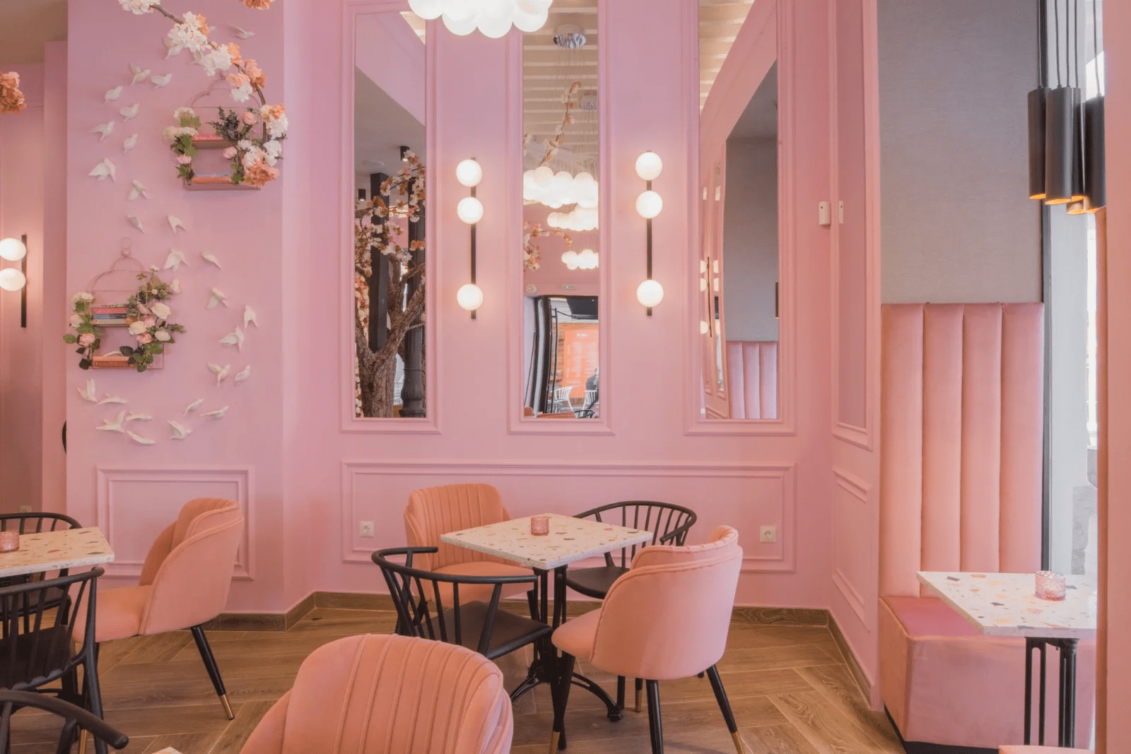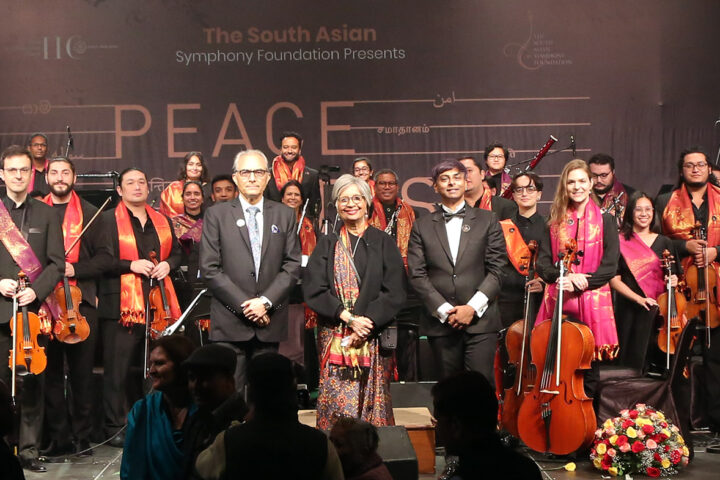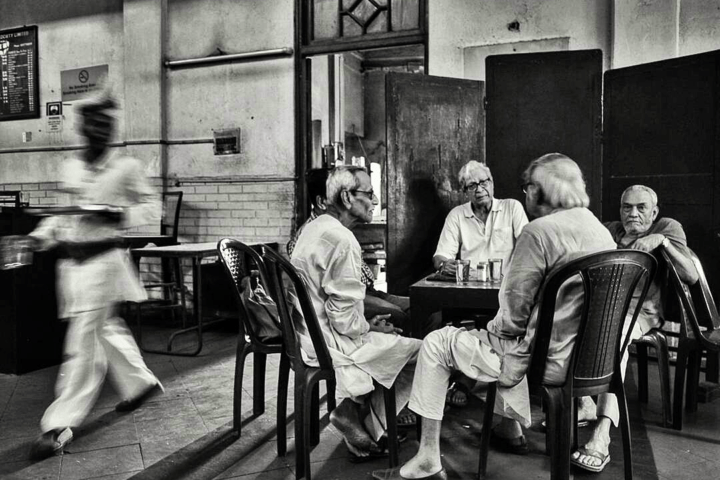Behind the glamorous alleys of Khan Market lies the loud, vibrant, accented, brand-clad meet-ups that truly prove: women have come a long way.
The clichéd Indian sati-savitri, with big hairdos, holding up the pallu, and crying at every occasion—be it happy or otherwise—as portrayed by Indian cinema in yesteryears, now seems like a caricature of the most absurd kind.
Women today, especially Indian women, are doing it all: managing the home and the job like expert funambulists gliding on a tightrope, all while looking like a million bucks!
Once infamous for being bad drivers, more and more women are now confidently driving themselves, and husbands are no longer the disgruntled chaperones to their shopping sprees.
Speaking of husbands, the typical husband-wife jokes have become so irrelevant that men often find themselves surrounded by awkward silences during their guy trips. Trips! Yes, girl gang trips have people ‘tripping,’ as no one thought the tagline “Why should boys have all the fun?” could become a reality.
On a busy Friday afternoon, I was lucky to find myself amidst the chaotic yet charming atmosphere of afternoon soirees. This café, quite famous for its chocolate and coffee, was bustling with a vibrant crowd. And guess what? It was ladies’ day out!
Group after group of women, all loud, chirpy, and fantastically confident in their own skin, kept coming in. Out of ten tables, at least eight were occupied by girl gangs—eating, laughing, and clearly having fun. As an accidental yet shameless eavesdropper, I keenly listened to snippets of their conversations. Some of it was about work, some gossip, but mostly it was happy banter.
My dear reader, by now you must be wondering about the point of this article. Does it seem like the incessant rambling of someone idle in a café?
Well, yes and no.
While nibbling on my more-hard-than-crunchy bruschetta, I realized that women no longer perceive life the way our mothers did. Sarees are no longer a societal expectation but instead a statement of grace and confidence—a symbol of being comfortable in one’s own skin. Household chores are now simply ‘chores’ rather than an all-encompassing identity or purpose as they once were for the quintessential Indian woman.
These women, happily hanging out with their friends on a Friday afternoon, of course, took care of their children’s homework, instructed their house-help to prepare lunch for the family, laid out their husband’s office clothes in the morning, sent their bosses a Friday report, and completed all the necessary (and unnecessary) tasks they are often burdened with. Yet, they still found the time to dress up and meet their friends.
Of course, this might only apply to a privileged few women who live and work in metro cities. But as someone with a master’s degree in business, I firmly believe in the 80/20 principle: if 20% of women can achieve this balance, it sets a strong example for the remaining 80%.
In today’s world, where everything is either black or white, where polarization is often mistaken for being woke, and where being argumentative is seen as a sign of intellect rather than a lack of manners, finding a bright spot in the grey area feels both unnatural and unimaginable. Yet, as I sat and witnessed a colourful Friday afternoon unfold before me, I realized that transitions often take their own course, unnoticed amidst our fixation on superficialities.
There’s no doubt that women still have a long way to go—but as a human race, we all do. And while I can’t definitively end the stereotypical Man-versus-Woman debate, I am often reminded of a train journey I once took with my parents to visit my grandparents. The day-and-a-half trip became more memorable when we shared our berth with a young woman in her twenties. She worked with an NGO focused on empowering women in rural areas of our country. Enthusiastically, she told us about her work, even showing us photographs of the women she worked with—half-smiling faces staring back at the camera. The non-relatability of it all struck me hard, and it was at that moment she suddenly turned to me and said, “Maybe, instead of the women, it’s the men we need to empower.”










